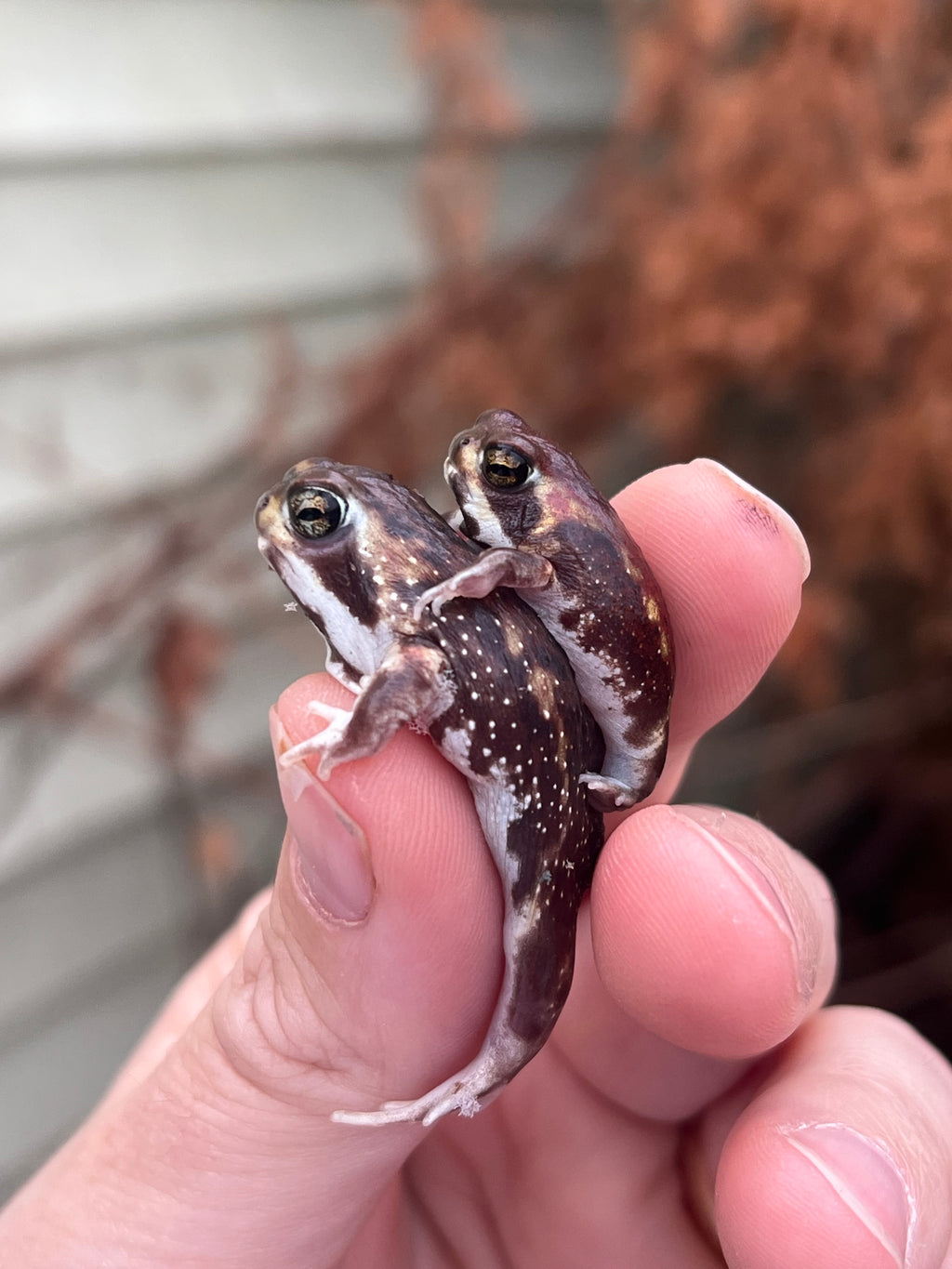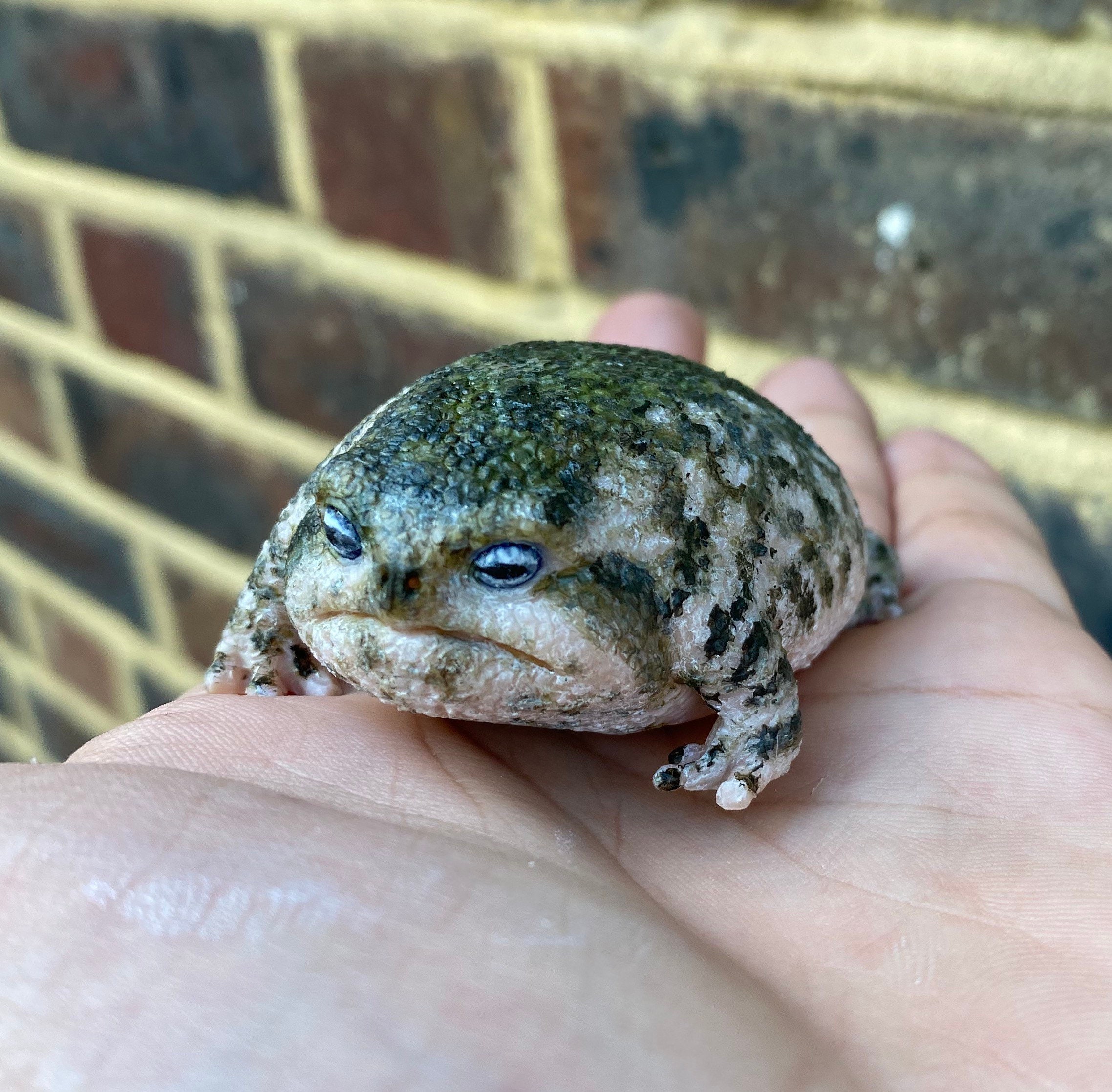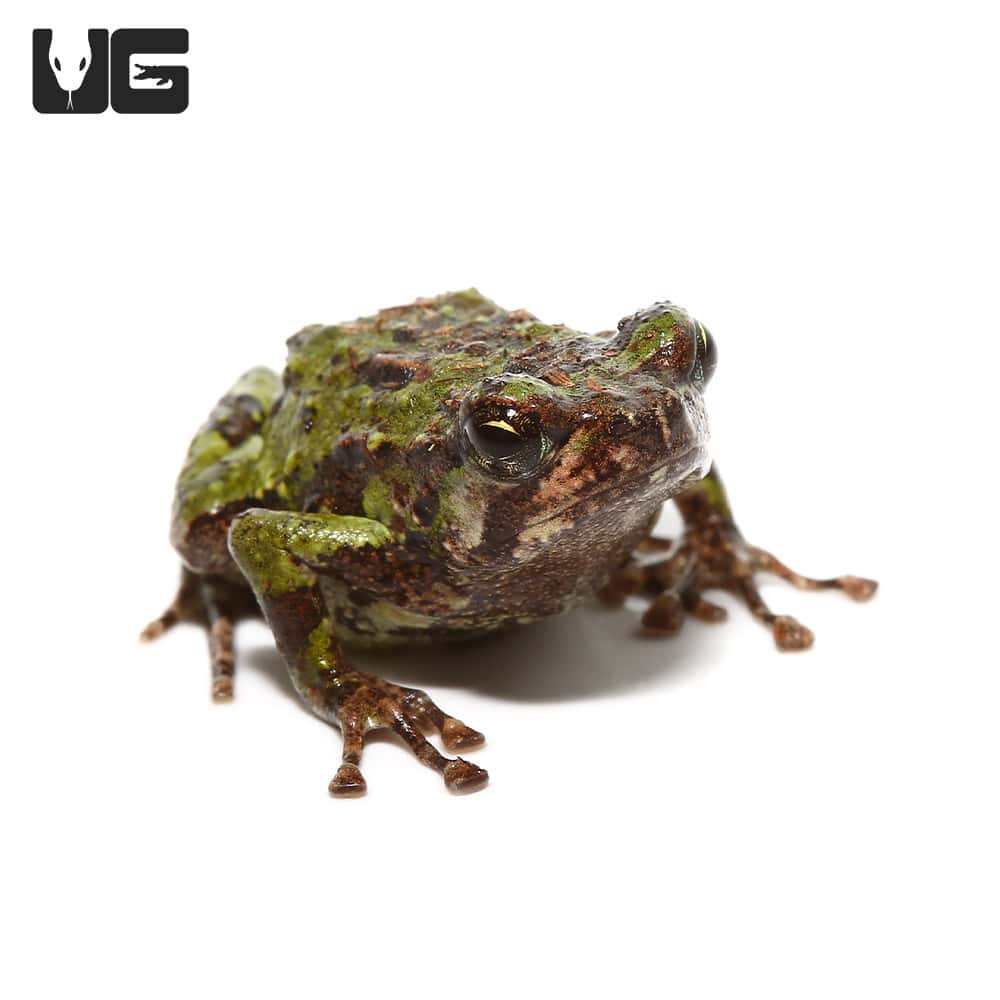Discover Unmatched Beauty: Rain Frog for Sale Awaits to Enhance Your Life!
Wiki Article
Common Health And Wellness Issues in Reptiles: Symptoms and Solutions
In the detailed world of reptile treatment, understanding the usual health and wellness problems that might impact these unique animals is critical in guaranteeing their well-being. Whether it's grappling with parasitic problems, navigating dehydration worries, or addressing skin disorders that manifest in refined means, being attuned to the signs and symptoms and geared up with the expertise of effective options is necessary for any kind of reptile owner.Breathing Infections
Respiratory infections in reptiles can considerably affect their overall health and wellness and call for timely attention from skilled veterinarians. In reptiles, respiratory system infections can be particularly testing to identify and treat due to their distinct composition and physiology.Treatment for respiratory infections in reptiles generally involves a combination of encouraging care, such as maintaining proper humidity levels and temperature gradients in the enclosure, along with targeted drug to resolve the particular pathogen in charge of the infection. It is crucial for reptile proprietors to monitor their pet dogs very closely for any type of signs of respiratory system distress and seek vet care at the earliest sign of a problem. With prompt intervention and proper treatment, numerous reptiles can recover totally from breathing infections and resume regular activities.

Metabolic Bone Condition
What elements add to the growth of Metabolic Bone Disease in reptiles?Metabolic Bone Illness (MBD) in reptiles is largely triggered by an absence of appropriate calcium, phosphorus, and vitamin D3 levels in their diet regimen. When reptiles do not obtain sufficient calcium, either with their food or appropriate UVB direct exposure for vitamin D3 synthesis, they go to a high risk of developing MBD. Reptiles with diet regimens low in calcium or imbalanced calcium to phosphorus ratios are especially susceptible. Furthermore, inadequate exposure to UVB light stops reptiles from manufacturing vitamin D3, which is essential for calcium absorption and bone health and wellness.
Various other adding factors to MBD consist of improper temperature gradients within the reptile's habitat, causing lowered metabolic process and impaired calcium absorption. Insufficient humidity degrees can additionally affect a reptile's capability to metabolize calcium successfully. Certain reptile varieties have certain dietary requirements that, if not fulfilled, can boost the possibility of developing MBD. Regular vet check-ups, proper husbandry practices, and a well balanced diet regimen are necessary to protect against Metabolic Bone Disease in reptiles.
Parasitical Infestations
Parasitical invasions present a substantial wellness risk to reptiles, affecting their general well-being and calling for prompt vet focus. Reptiles can be influenced by various bloodsuckers, consisting of mites, ticks, inner worms, and protozoa. These parasites can trigger a variety of symptoms, such as weight reduction, sleepiness, skin irritability, diarrhea, and even fatality if left without treatment.One typical bloodsucker discovered in reptiles is the mite, which can trigger skin irritability, stress, and anemia. Ticks are one more outside bloodsucker that can create and transfer illness discomfort to the reptile. Interior bloodsuckers like worms and protozoa can cause digestive problems, lack of nutrition, and weaken the reptile's immune system.
To identify a parasitic invasion, a vet might carry out fecal tests, skin scrapings, or blood tests. Treatment commonly includes deworming medicines, antiparasitic baths, or in serious cases, a hospital stay. Preventative actions such as routine veterinary exams, proper health, and quarantine treatments for brand-new reptiles can aid lessen the threat of parasitical invasions and make sure the wellness of reptile family pets.
Dehydration and Hydration Issues
Dehydration in reptiles can substantially impact their wellness and health, demanding timely intervention and ideal hydration management. Reptiles are prone to dehydration as a result of different elements such as inadequate water consumption, high ecological temperatures, and certain health problems. Signs of dehydration in reptiles include sunken eyes, lethargy, loss of skin elasticity, and lowered urination. Dehydration can lead to serious wellness problems and even be deadly to the reptile - rain frog for sale. if left unattended.To protect against dehydration, reptile owners should ensure that their family pets have access to clean water weblink at all times. The water recipe ought to be huge sufficient for the reptile to take in if needed, especially for varieties that absorb water via their skin. Furthermore, maintaining correct humidity levels in the reptile's room and providing routine bathrooms can assist avoid dehydration.
In instances of dehydration, it is essential to look for veterinary care without delay. A veterinarian may administer liquids either orally or via shots to rehydrate the reptile. It is vital to attend to the underlying reason description for dehydration to avoid recurrence and guarantee the reptile's general health.
Skin Conditions

Conclusion

Breathing infections in reptiles can considerably impact their overall wellness and need punctual interest from skilled vets (rain frog for sale). Preventative measures such as regular veterinary exams, appropriate hygiene, and quarantine treatments for new reptiles can help lessen the risk of parasitic invasions and guarantee the wellness of reptile family pets
If left neglected, dehydration can lead to severe health problems and also be fatal to the reptile.
Regularly inspecting your reptile for any kind of changes in skin look, texture, or color can help in very early discovery and therapy of skin conditions, advertising the overall health and wellness and health of your flaky companion. - rain frog for sale
In verdict, reptiles are susceptible to numerous health problems such as breathing infections, metabolic bone illness, parasitical infestations, dehydration, and skin conditions.
Report this wiki page